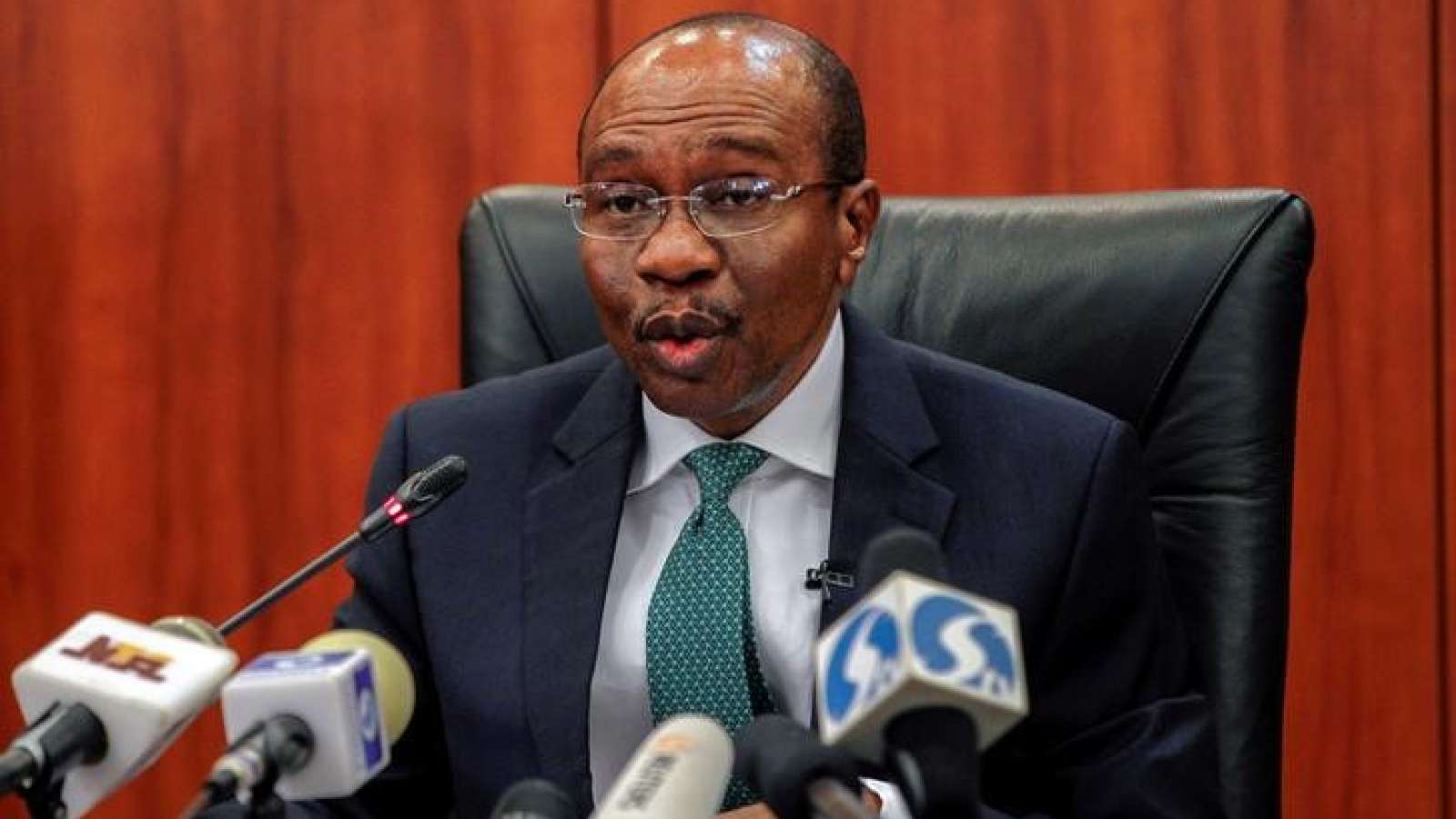The Central Bank of Nigeria, CBN, has barred foreign banks operating in Nigeria from receiving deposits locally.
In a final guideline released on Thursday, October 13, 2022, and signed by CBN Director, Financial Policy & Regulation Department, Chibuzo Efobi, the apex bank said licensed foreign operators will not be allowed to provide services designated in Nigeria as banking business- including deposit collection and funds transfer.
The guidelines titled: “Regulation of Representative Offices of Foreign Banks In Nigeria” said licensed operators are not allowed to provide commercial or trading activity that may lead to the issuance of invoices for services rendered.
They are also barred from accepting orders on behalf of the foreign parent and engaging directly in any financial transaction.
The apex bank directed the Representative Offices of foreign banks to serve an important purpose of showcasing the brand and services of its parent company. They are also mandated to stimulate foreign direct investment to the host country by connecting capital to various investment opportunities.
The CBN guideline listed financial requirements for Representative Offices in Nigeria as N5 million application fee and N10 million licensing fee, bringing the total cost of approval to N15 million.
The CBN said a Representative Office should use the parent’s name only in conjunction with the description “representative office” in its documents and correspondences, including office signage, letterheads, and business cards.
“A Representative Office shall obtain the CBN’s prior clearance for employment of its prospective employees and top Management staff. A Representative Office shall inform the Bank of its proposed hours of business. No Representative Office shall be relocated or closed without the prior written approval of the Bank,” it said.
According to the apex bank, representative Offices of foreign banks serve an important purpose of showcasing the brand and services of its parent company.
It can also stimulate foreign direct investment to the host country by connecting capital to various investment opportunities, but they need to be regulated under the CBN laws, it said.
On power of supervision, the CBN said it shall have free, full, unfettered, and timely access to the internal systems, documents, reports, records, staff, and premises of the representative office and shall exercise such powers as it may deem necessary.
“The CBN may cause an examination of the operations and affairs of the representative office to be made by its officers or such other duly qualified person as it may appoint, to assess whether the representative office is complying with the banking laws and any guidelines or instructions issued by the Bank,” it said.
According to the regulator, the examination of a Representative Office will be carried out periodically and risk-based, would include but not limited to a review of the activities conducted, general assessment of its management and supervision, a review of whether the office is complying with applicable laws and regulations, including any conditions placed on its operations or activities as part of the CBN’s approval of its establishment.
Source: The Nation







